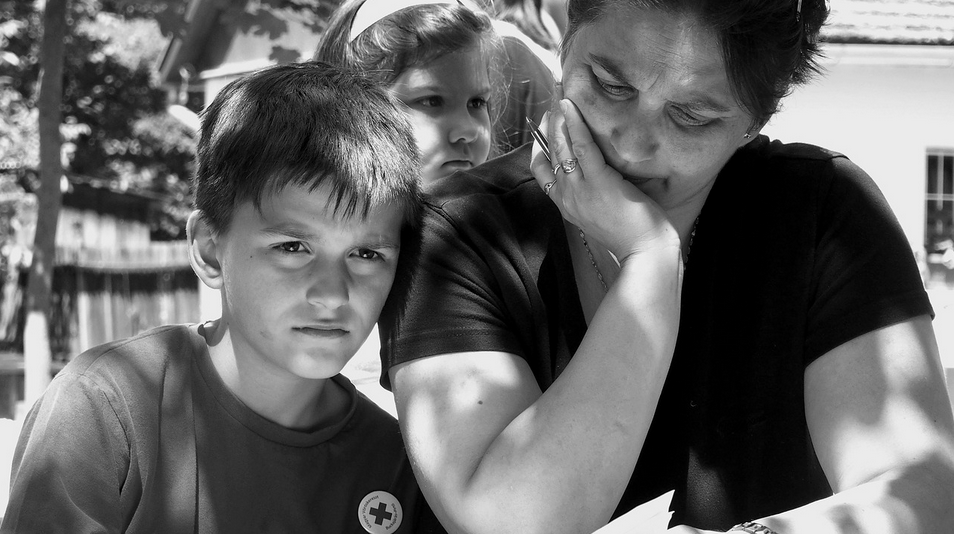In recent years, it has become quite popular for parents to treat their children as near equals. Near equals, as in the children call the shots and the parents cater to their beck and call.
The reason for this is that many parents see their children as their companions and friends. Denying children continual service and devotion, it is thought, will eventually turn them against their parents.
Unfortunately, common sense suggests the opposite is true, and parents who attempt to be their child’s friend often end up losing their companionship altogether.
But what about the children? Does having a parent who treats them like a friend have negative or positive effects?
According to Harvard psychologist Richard Weissbourd, the effects are negative, particularly in the area of a child’s moral development. A recent Wall Street Journal article explains:
“When parents become too dependent on their children for closeness, he says, it can undercut an important part of a child’s moral development, what psychologists refer to as ‘idealization’—the process by which a child puts their parent on a pedestal for a period of time, idealizes them and internalizes the parent’s values, morals and ideals. ‘Children have no incentive to strive to become like us when we treat them as equals and send them the signal that they already are,’ he says.”
The revered 17th century philosopher John Locke made a similar observation while writing Some Thoughts Concerning Education. Locke, in fact, believed that parents and children can be friends – but only once children achieve maturity. And in order to achieve that friendship, parents must assert their authority and mold their child’s moral character while young:
“Would you have your son obedient to you when past a child? Be sure then to establish the authority of a father, as soon as he is capable of submission, and can understand in whose power he is. If you would have him stand in awe of you, imprint it in his infancy; and, as he approaches more to a man, admit him nearer to your familiarity; so shall you have him your obedient subject (as is fit) whilst he is a child, and your affectionate friend when he is a man. For methinks they mightily misplace the treatment due to their children, who are indulgent and familiar when they are little, but severe to them, and keep them at a distance, when they are grown up. For liberty and indulgence can do no good to children: their want of judgment makes them stand in need of restraint and discipline.”
Today, many parents are frustrated by the fact that their adult children seem to have little initiative or ambition to make their own way in the world. Would this problem be resolved if more parents were willing to abandon the idea of being their child’s friend in the early years, and focused instead on forming their character into young men and women who know the principles of self-government?
















Leave a Comment
Your email address will not be published. Required fields are marked with *